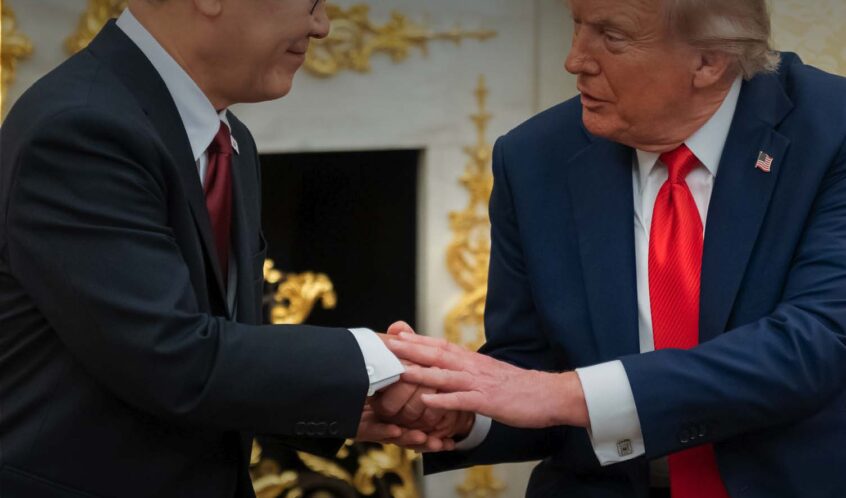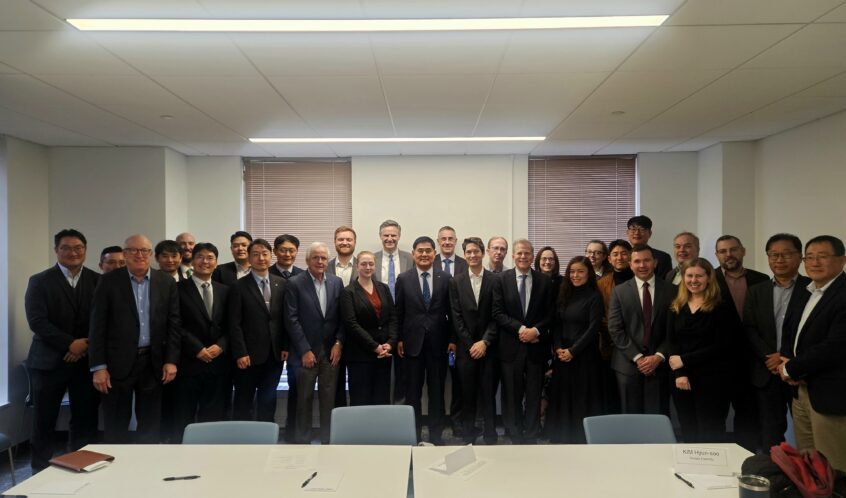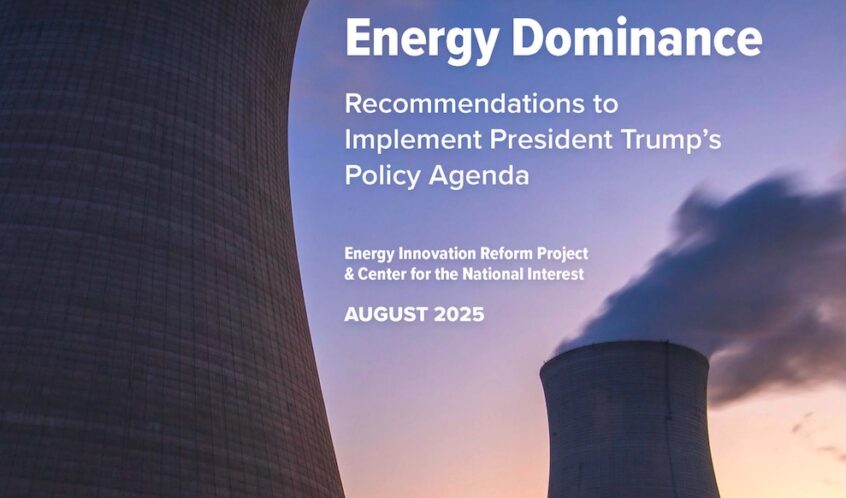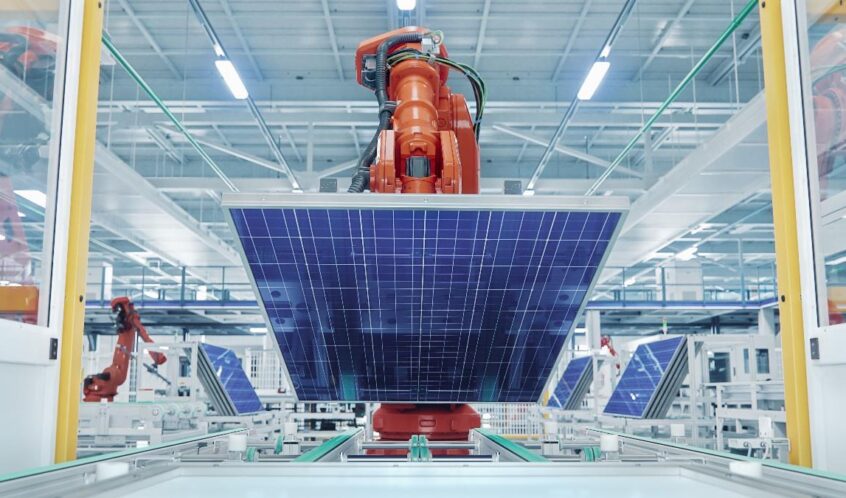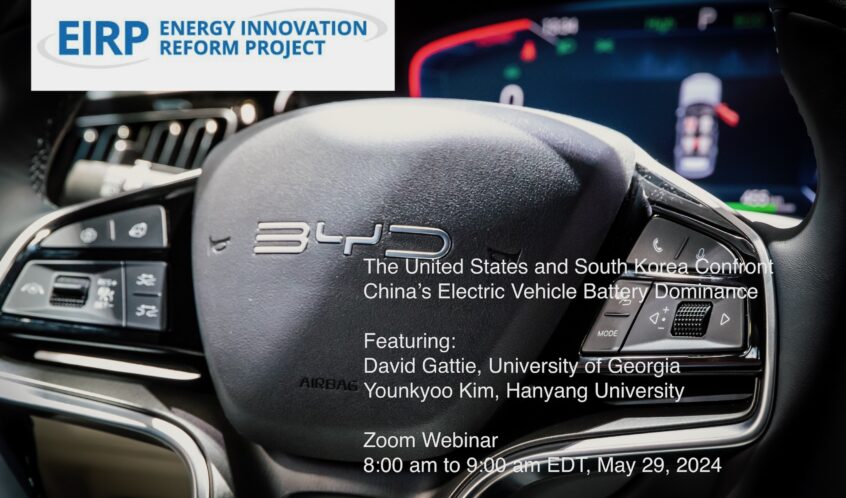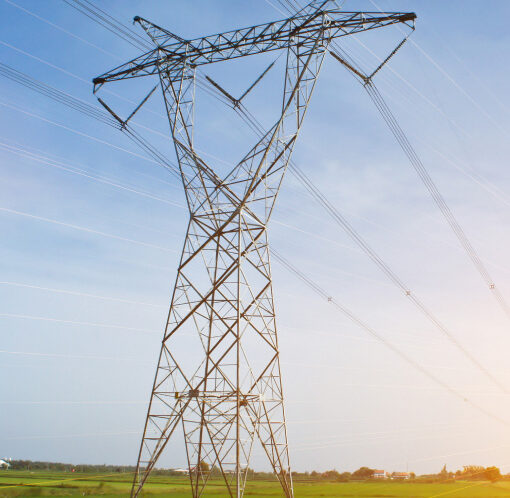Report – Stronger through Partnership: A Framework for US-Republic of Korea Civil Nuclear Cooperation
This new paper assesses opportunities for enhancing US-Republic of Korea civil nuclear cooperation. Written by Jackie Toth of New Hill Consulting, the paper summarizes key conclusions from a November 2025 workshop. The report is the latest installment in EIRP’s US-Korea Energy Series, edited by Paul Saunders.

